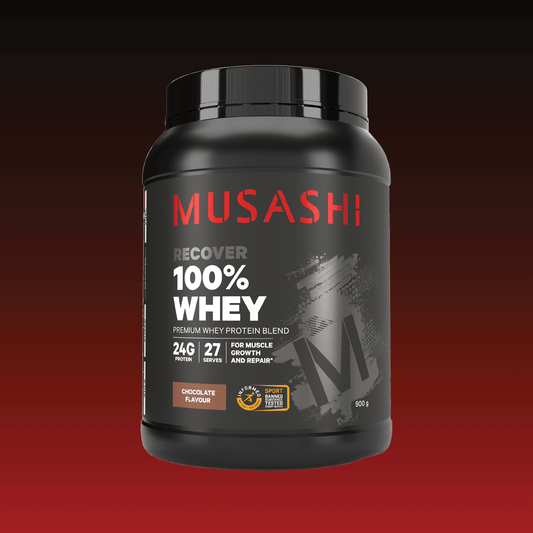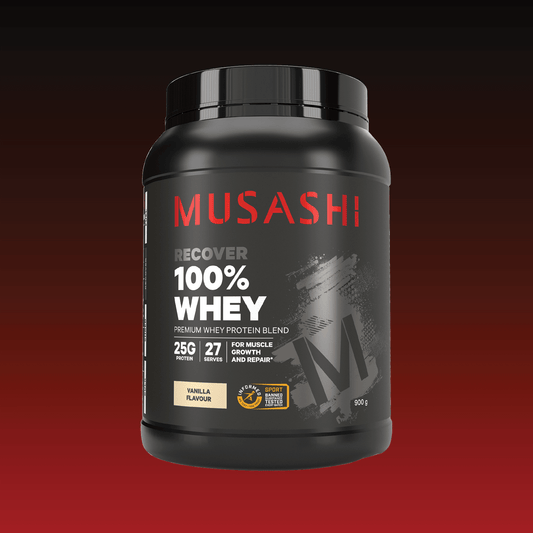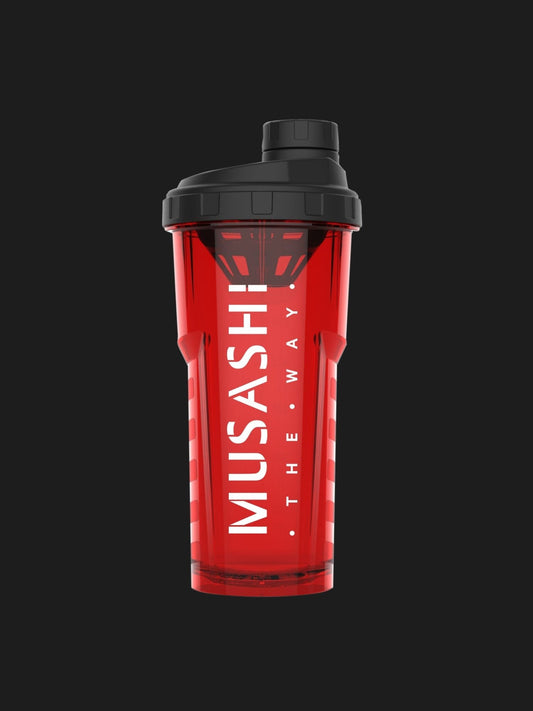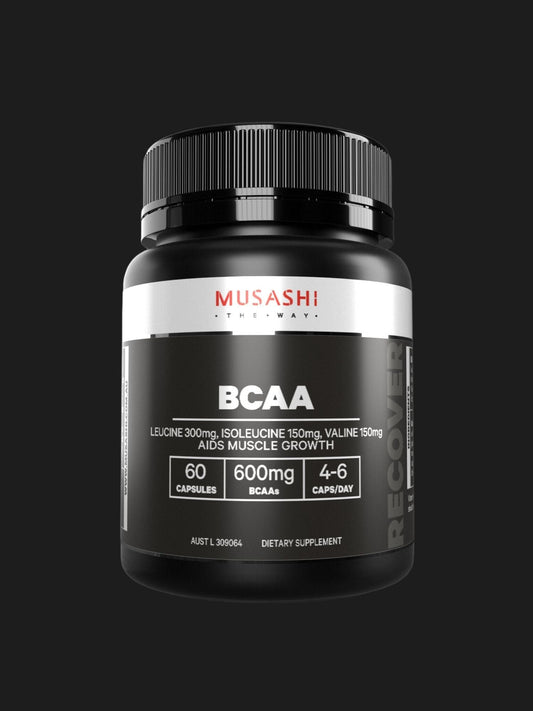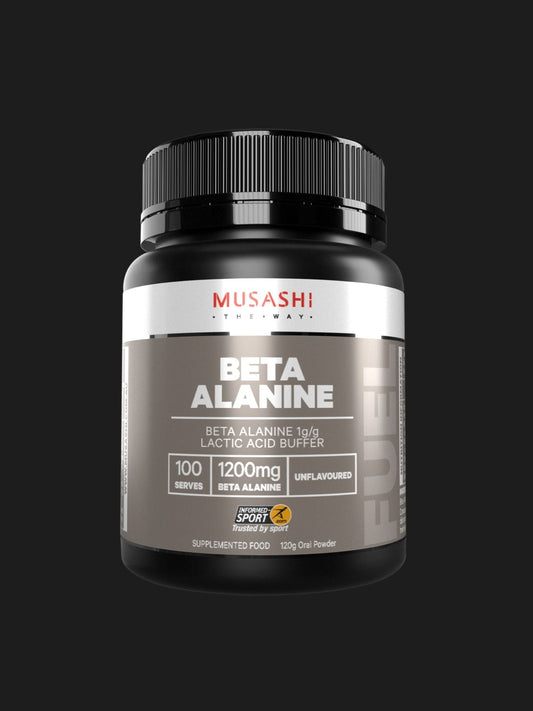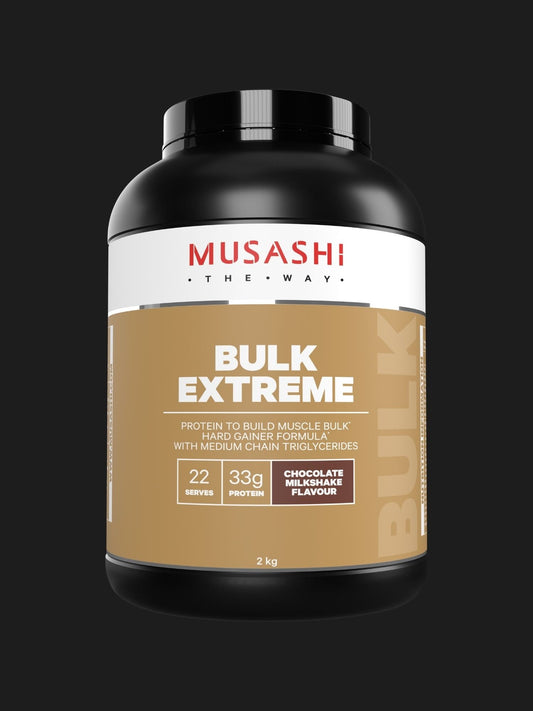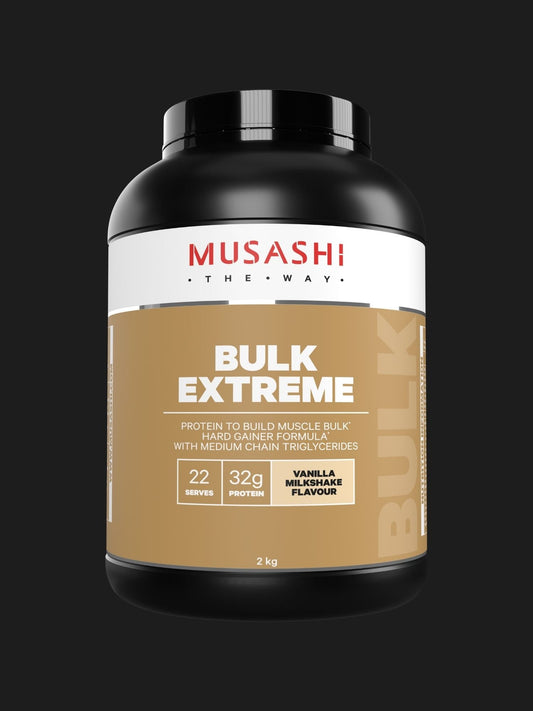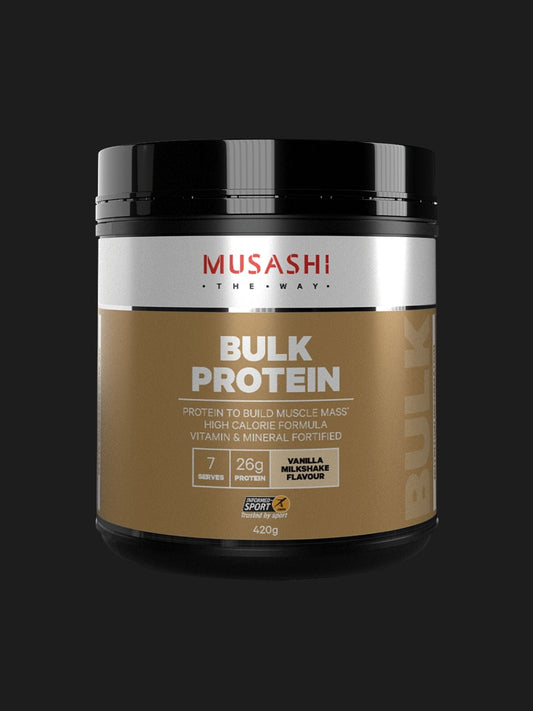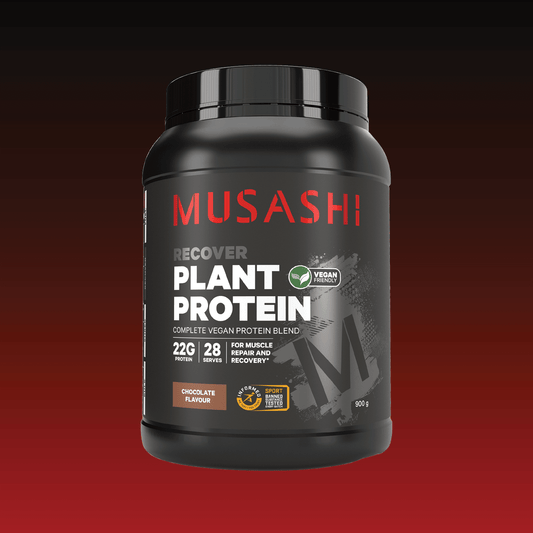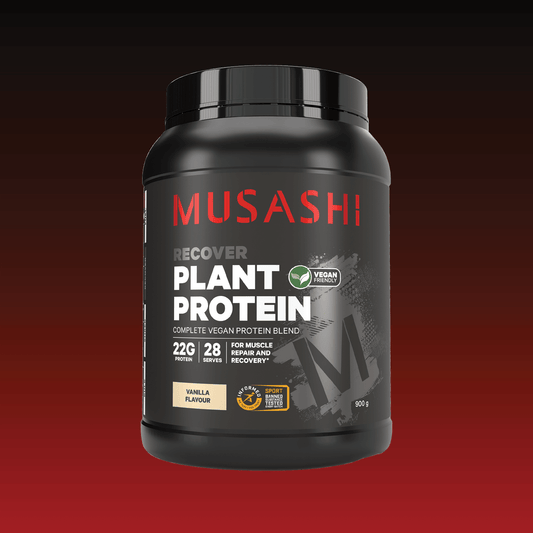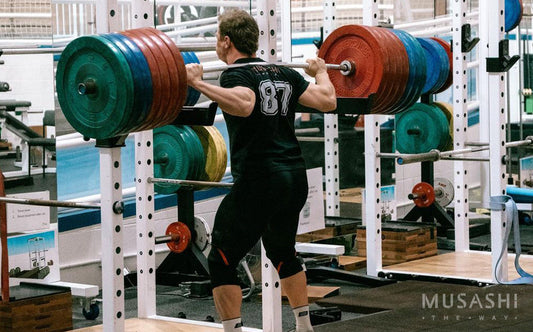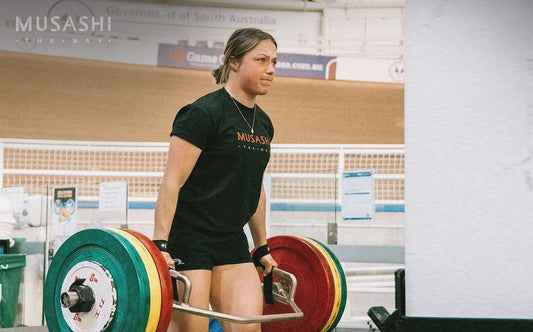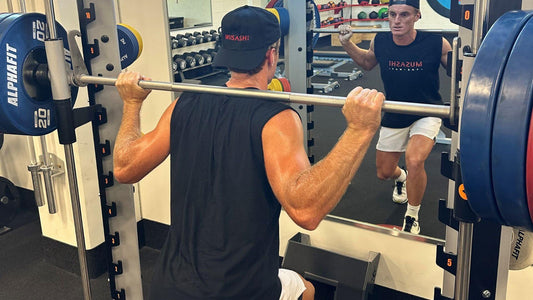
Track and field athletes participate in a wide range of events, including sprints, middle and long distance running, jumping, throwing and combined events like decathlon and heptathlon.
As a track and field athlete you will typically have high energy demands. Consuming enough calories to fuel training sessions and support recovery is important. Carbohydrates are a primary fuel source for endurance activities, particularly if you are participating in long-distance running or endurance events.
Protein is essential for muscle growth and repair and is important for all athletes taking part in track and field, especially those competing in strength and power events.
Maintaining adequate hydration is crucial for optimal performance and well-being during track and field. Failure to stay properly hydrated can have a detrimental effect on performance, resulting in fatigue, muscle cramps and potentially heat-related problems.
Hydration and electrolyte needs can vary among athletes due to factors such as body size, sweat rates, climate conditions, and training intensity. Its essential for athletes to monitor their own hydration status and experiment with different hydration strategies during training to determine what works best in competition.
Start training sessions and events well-hydrated by sipping on Musashi Electrolyte in the 2-3 hours leading up to exercise. Take small sips, rather than large gulps and this will reduce potential gastrointestinal discomfort.
During exercise athletes should aim to replace fluids lost through sweat. Although individual needs may vary approximately 180-240ml of either water or Musashi Electrolyte every 20-minutes during prolonged activity is a general guideline.
The amount of fluid required for rehydration post-exercise will depend on factors such as the rate at which you sweat, the conditions in your environment, and the level of intensity during training. A general recommendation is to consume 480-720ml of fluid for every pound (0.45kg) that you lost during exercise.
During high-intensity activities such as sprinting and short-distance running, the body accumulates lactic acid, leading to muscle fatigue. Musashi Beta-Alanine buffers the muscles to lessen lactic acid accumulation. This delay in muscle fatigue can enable athletes to sustain performance for extended periods of time.
A loading phase is recommended for the most powerful effect. During the loading phase, you are required to take a higher dose of Musashi Beta-Alanine for 1-2weeks. This process saturates the muscles with carnosine and maximizes its benefits.
Once the loading phase is complete, a maintenance phase follows, where you are required to take a lower daily dose to maintain the elevated levels in the muscles. The duration of a maintenance dose normally lasts between 6-12weeks.
Due to the nature of track and field, athletes often compete in various events within a single day. This requires careful planning, physical conditioning, and scheduled recovery strategy.
Branched Chain Amino Acids (BCAAs) are a group of three essential amino acids, leucine, isoleucine, and valine. Unlike other amino acids, BCAAs have a unique structure and can be metabolised by the muscle without going through the liver, resulting in faster muscle recovery. Musashi BCAAs can be incorporated into the training schedule and consumed before, during and after training.
Specific energy requirements and nutritional needs will vary depending on the event and individual factors, such as, body composition, training intensity and goals. But no matter which event you are participating in, correct nutritional practice plays a vital role in supporting athletic performance, recovery, and overall health.
